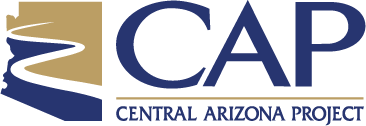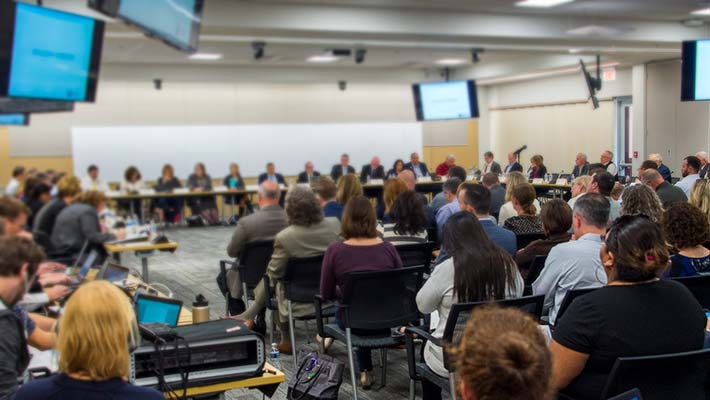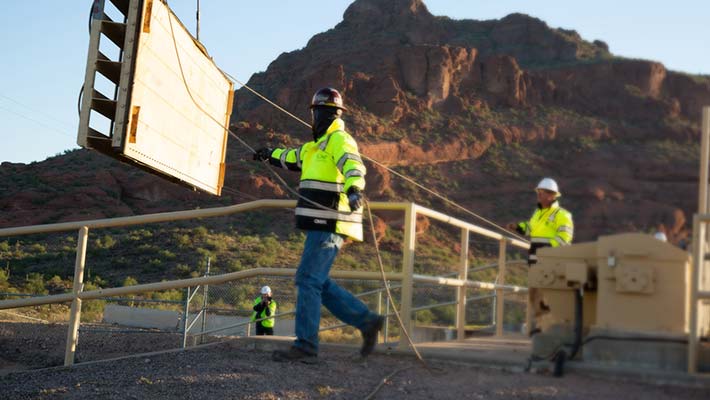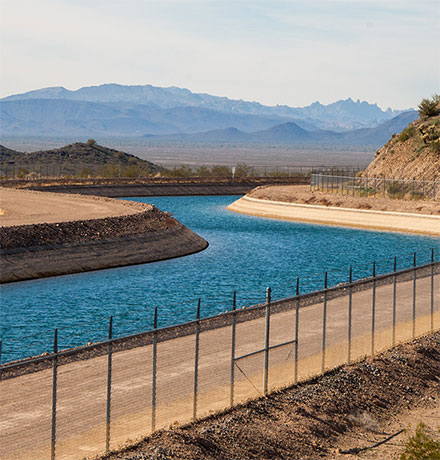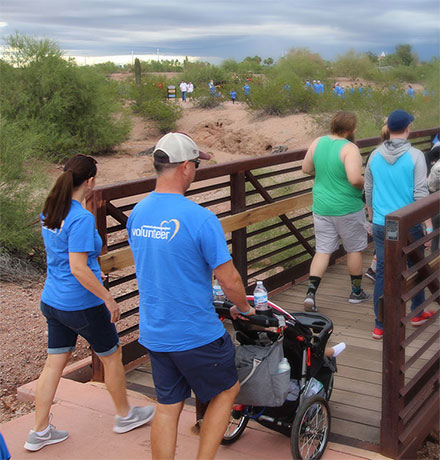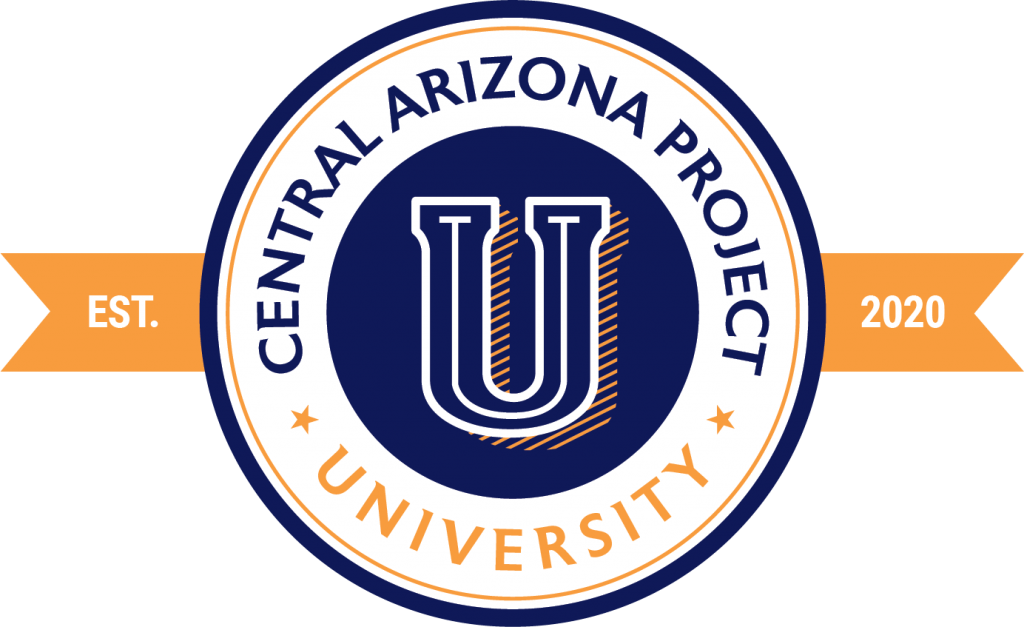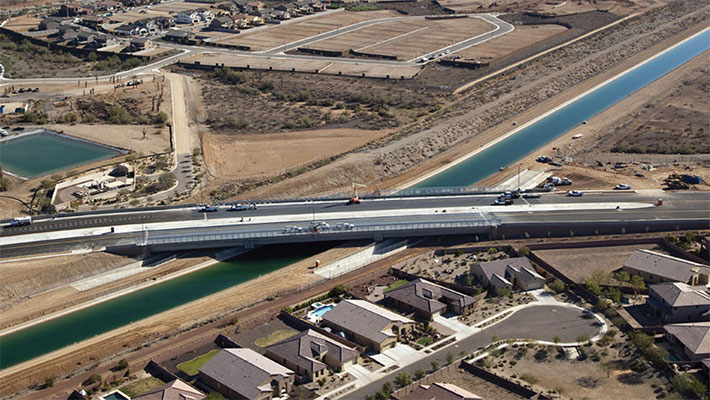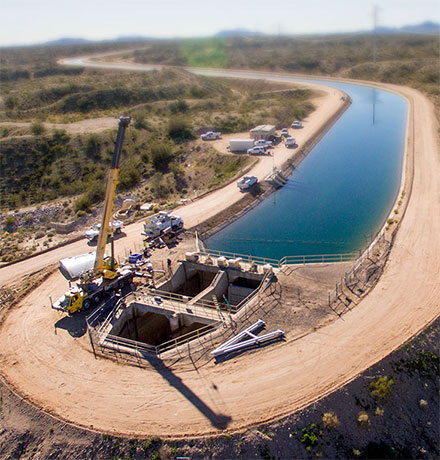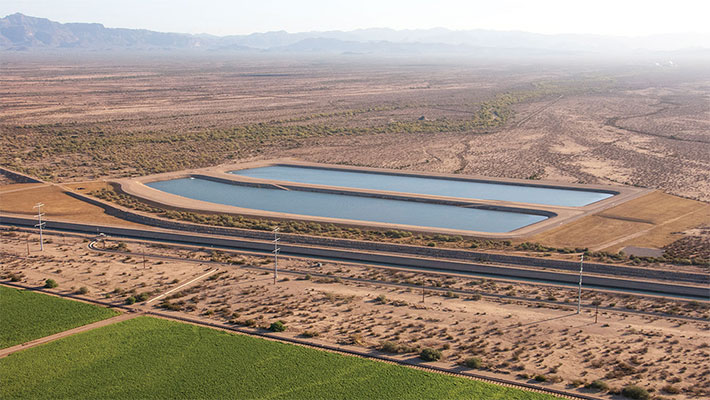Binational Projects
Binational Projects
Since 2000, binational processes have been ongoing and become more active with the creation of 2007 Interim Guidelines for Lower Basin Shortages and Coordinated Operations for Lake Powell and Lake Mead.

Intense and comprehensive discussions, studies, and negotiations between Mexico, the United States, the Basin States, key water providers (including CAP), and environmental organizations have led to the successful implementation of minutes 316, 317, and 318. In Nov. 2012, Minute 319 was signed. The U.S. Secretary of the Interior Ken Salazar has called this the most significant agreement since the creation of the 1944 water treaty between Mexico and the United States.
Binational Intentionally Created Surplus
Binational Intentionally Created Surplus (ICS), or BICS, is a conservation mechanism created through the binational agreements of Minutes 319 and 323. These agreements have provided for the development and implementation of water conservation programs located in Mexico with compensation funding provided by partnering organizations in the United States, such as the Central Arizona Water Conservation District.
In return, the water conservation created through these programs helps Mexico to intentionally reduce its water use through conservation measures, and the conserved water is stored in Lake Mead as BICS.
During the long-term, these types of water conservation programs provide infrastructure and system improvements to Mexico’s water system. Joint cooperative measures between Mexico and the United States increase Lake Mead’s storage for future use and improve water use efficiencies, benefiting all water users in the Lower Colorado River Basin and Mexico.
Desalination
For nearly 50 years, there has been a recognized opportunity for a U.S.-Mexico collaborative effort to implement a binational desalination project that would augment the Colorado River system and benefit water users in both countries. Since 2010, several binational efforts have been initiated to evaluate the feasibility of a desalination project. Numerous technical, regulatory, financial, economic and institutional factors need to be taken into consideration when comprehensively evaluating the feasibility of a desalination project.
Given the current drought conditions that could be exacerbated in the future by climate change, and the need for water augmentation under the prospects of future population growth, Mexico and United States water managers have been working collaboratively. Those binational collaboration efforts were incorporated in Minute 319 and 323, including studying the feasibility of potential water augmentation projects, including binational desalination projects to benefit both nations.

